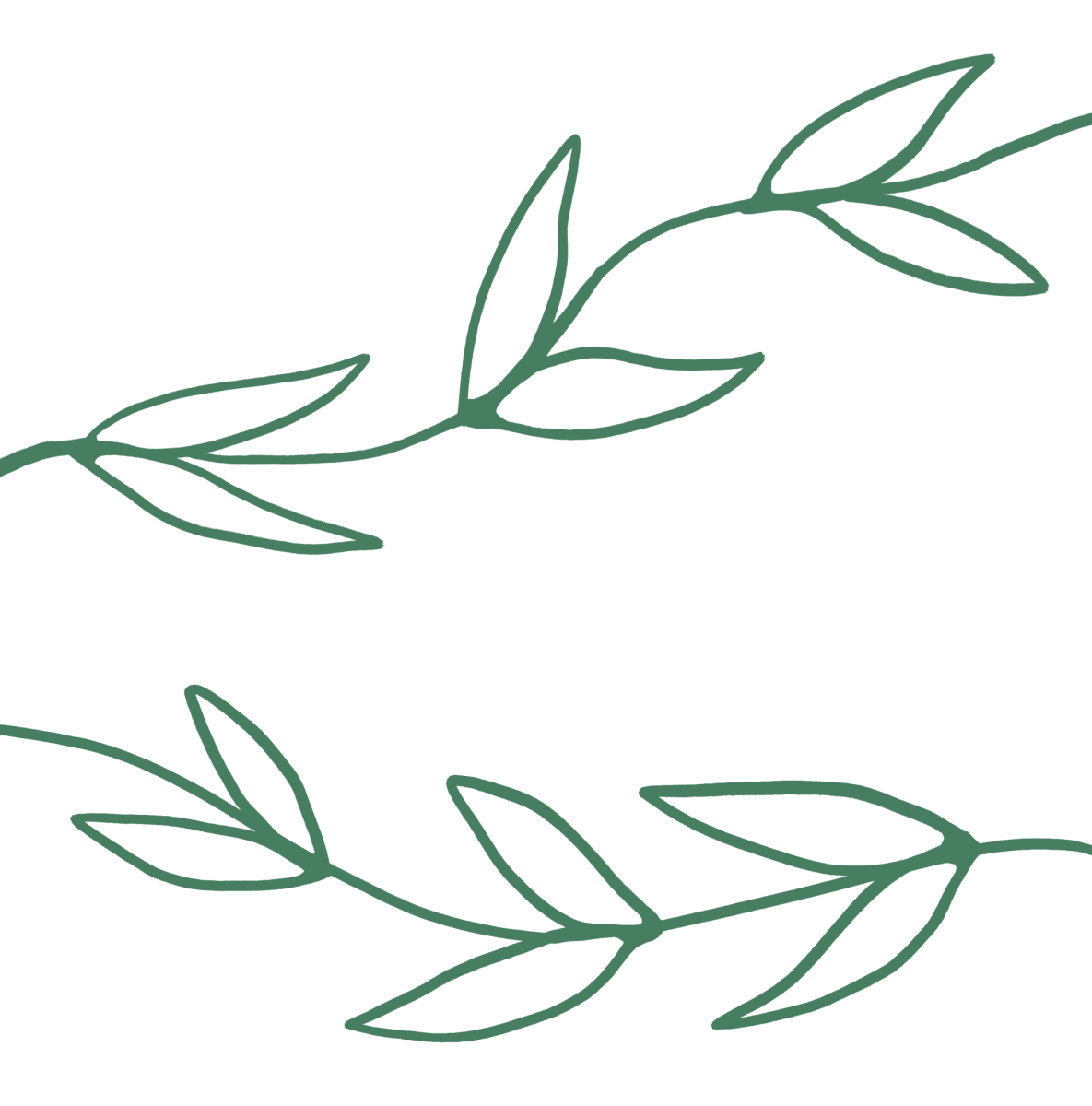When thinking about climate change and helping the environment, one can feel incredibly overwhelmed. There are a lot of things out of our control, but there are also things we can do to help out in little ways. A lot of times, these little things don’t feel like much, but if people get into the habit of it, we will see differences and it may help you gain some new skills along the way.
Everyone loves creating something, so why don’t we make something and help the world out along the way?
Lights
The first, and simplest thing you can do that makes a huge difference is to turn your lights off and make sure your windows and doors are properly closed when leaving your house. Light pollution is a serious problem that affects birds all over the world. Birds struggle to find food and have lower survival in areas with more artificial light. The more houses turn their lights off, the more we alleviate the birds’ issues. Closing your doors and windows reduces light exposure, and it can also save energy when the heat or air conditioning is on by preventing untreated air from entering. These are just the basics that everyone knows, but they are still ignored a staggering amount.
Garden
Next, limit your food waste as much as possible. Compost where you can, eat leftovers and potentially start your own garden! There are a lot of non-water intensive crops that can be fairly simple to grow in a rudimentary backyard garden that can both save you money and help out your local ecosystem. In line with this is getting rid of your grass garden for a more sustainable, natural one. Utah isn’t supposed to have Kentucky bluegrass, which makes up most natural lawns, because it sucks up more water than we have to spare.
Instead, think about grabbing a seed kit of local plants, get some rocks and have fun decorating your new garden as you go. Driving around the Sugarhouse area, many houses have already started doing this, and it makes a difference, both environmentally and aesthetically. Beautifully maintained local lawns are significantly prettier than standard lawns. Some states, particularly Nevada, have passed laws against non-functional turf lawns to support the environment. A more diverse yard also gives local wildlife more places to lounge when it is hot, burrow when it is cold and can even give them more options for food.
Cats
It’s important to mention how terrible outdoor cats are for the environment as well. Cats are apex predators, as funny as that is, who can and will kill every bird and small rodent they see, which can help if you have some sort of infestation. However, more often than not they kill local wildlife. Like an invasive species, they can completely change the natural ecosystem and lead to local extinctions of vital populations. Outdoor cats also tend to have a shorter lifespan than indoor cats, so if you care about your pet you should probably keep it inside. The birds will thank you!
The Fun Stuff
There are lots of hobbies you can partake in at home that are sustainable. Gardening is a great option, but what if you want to be inside? Well, there are many things you can do that minimize your energy consumption and keep you entertained. Board games are a fantastic option, as the predominantly cardboard structure is reusable and not incredibly intensive. Some publishers, like Stonemaier Games, even go so far as to chart the sustainability of their products, something that more and more companies are beginning to do across fields. King Gizzard and the Lizard Wizard, for example, ship all of their records in recyclable paper bags instead of plastic wrap, something that still protects the record but drastically decreases the amount of waste.
Thinking about the environment doesn’t have to be stressful all the time. It is frustrating that there are so many things out of our control, that people refuse to change because they simply will not acknowledge it as an issue. Although, we can take some stuff into our own hands, especially in our homes. Next time you go out, consider taking the bus or walking; you need to eat something for dinner, make just enough for you to eat. Or if you make extra, eat it the next day. We need to work on the little things so that our future generations will have a place to call home, one that isn’t a fiery hellscape.




